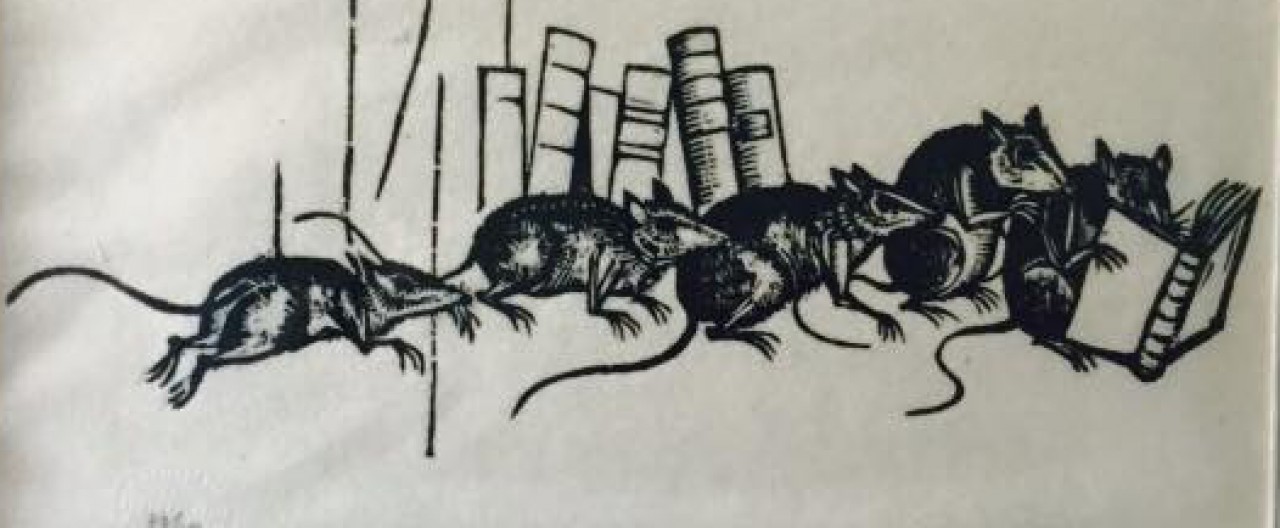On the back side of the seminary campus in Makhanda, South Africa sits a little stucco cottage. In a children’s story it might house a family of rabbits or a lumberjack and his wife. In this particular little cottage are two washing machines on one side and three tables on the other, covered with soft cloth and each within reach of three irons,

What are the things for which we make time? Here at the Seminary of the Transfiguration, the seminarians are occupied as most seminarians are everywhere, in daily meditation and community prayer, attending lectures, study, reading and writing. Sundays are not days of rest but of field placement, where the religious training meets real life and seminarians assist at churches in the wider community. Those assigned at the local cathedral are required to attend four services on a Sunday, decidedly not restful.
Earlier this week I stepped into the cottage, a basket of dirty laundry in hand, and spent the requisite time trying to translate the language of someone else’s washing machine dials. (I would later learn that we are discouraged from using the machines, given the current drought in the country. More on that in a future post.) In the next room I found my friend Miseka ironing, a white alb spread out on the table before her like a snow angel.
In my seminary in Connecticut, most students don’t have their own vestments. The minutes before a service are often spent diving into an overstuffed closet and dragging out all manner of surplices and albs, usually in questionable condition and certainly not the correct size. I have stood in a white alb next to a friend in a white alb as we assess who wears it best: whose sleeves are too long or too short, whose hem is dragging or too high on the calf, should we trade?
It turns out Miseka was ironing her own alb, and her own black cassock was hanging by the

window freshly ironed, and her own cincture and her own surplice, all of them just freshly hand-washed. (“Handwashed” an overwhelming thought to me for such large garments and so many, but I would later connect the dots to the drought:) How often? Every week. And—off topic—her sheets, too. Handwashed. And ironed. “We all do it,” she said. The seminarians are responsible for the purchase and care of their own robes.
On chilly mornings at 6:40 am in the chapel (doors close on latecomers at 6:45), some of the seminarians are in in floor length black wool cloaks buckled at the neck, cloaks swaying as they move about as if in slow motion. Anyone who is on the chapel rota is wearing at least their cassock (plain black) and if assisting at the Eucharist, their albs (white). At moments the room feels monastic; at moments, especially when singing in the indigenous languages like Xhosa or Zulu, jubilant.
There is a noticeable beauty and formality in everyone’s vestments fitting just right, every seam sharply pressed. Pride of ownership, so to speak. Forgive my ignorance, but if there is a theology of vestments somewhere I haven’t had that class yet. Does taking great care to present ourselves as fitting offerings to the Lord include our exterior presentation? Perhaps the care of our vestments can be a meditation on the significance of liturgy, a gesture of humility and acknowledgement that we are unworthy to enter under the Lord’s roof, so we dress up.
A bit more laundry-cottage chit-chat reveals that I am on the chapel rota in a few days (I’m here as a visitor) and that Miseka and our friend Thembi realized I had no vestments. So Miseka was preparing hers for me. She had me try on the tailored black cincture…no go…and before I could protest she had torn out the seam to make it fit.
Wanting to earn my keep, I tried to take over the ironing, attempting her sheets, while Miseka cleaned up the threads on the cincture. I did it clumsily, while grilling her on how she had time to do this every week with the never ending demands of the chapel bell, lectures and homework. And I thought of Mother Teresa’s advice to her sisters about the care they take in everything they do and everyone they touch, doing everything with the prayer to Jesus, with Jesus, for Jesus.

What chores do we dismiss as a waste of energy? What economical solutions deprive us of the meditative act of careful attention to the task at hand? For what do we make time?
I welcome your comments, and please consider following A Word Please by clicking the Follow tab in the right margin.


Hi Misty! Loved your article about the vestments. You have such a gift in writing. Love you. Hugs. Rosemarie
LikeLike
Thanks for reading, Rosemarie.
LikeLike
How nice of Miseka, did you sew back her cincture seam?
Can’t wait to see you in August. So much to learn with you.
Maria
LikeLike
Hi Maria, I’ll have to do that tomorrow. 😉 See you soon. 🥰
LikeLike
A beautiful breathtaking glimpse into your awesome opportunity. Love & peace sweet girl. Soooo proud of your emerging destiny.
LikeLike
Thanks, Nancy💕
LikeLike
Misty, you brought the community so close and my visit filled my mind as I read your post. I felt as if I was back in that beautiful seminary of prayer and laughter. Thanks you so much for sending this along. Might I share it with others?
Dean George
LikeLike
Thanks, Dean George. I’d be honored if you shared it.
LikeLike
Pingback: Could You Help Water a Weary Land? – A Word, Please. . .